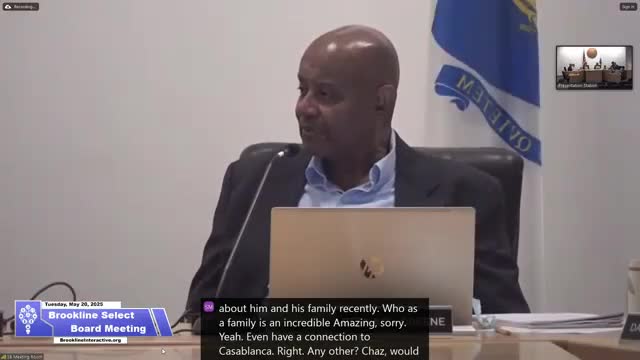Article not found
This article is no longer available. But don't worry—we've gathered other articles that discuss the same topic.
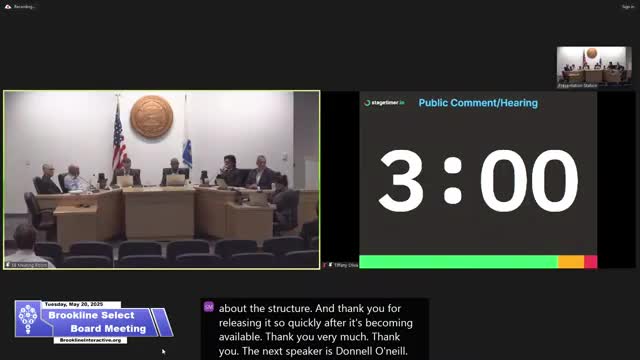
Select Board approves amended Article 9; town debates sanitation staffing and private contract risks
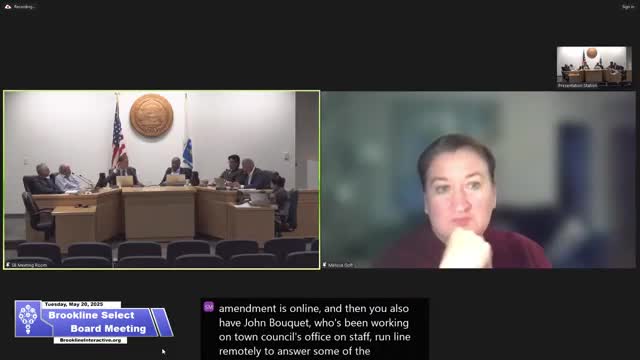
Select Board moves staff-backed reasonable-accommodation approach to Town Meeting after debate over notice, appeals and process
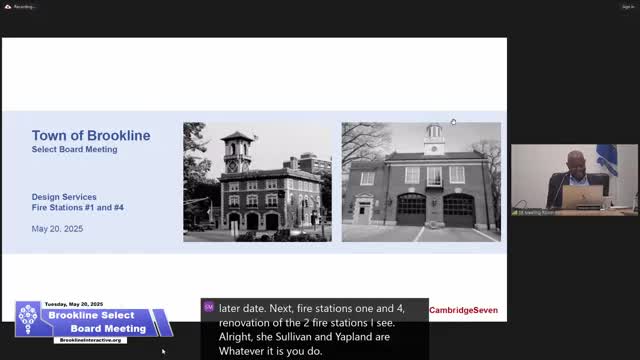
Select Board awards $13.55 million contract to renovate Fire Stations 1 and 4; project aims for gender-equitable, all-electric upgrades
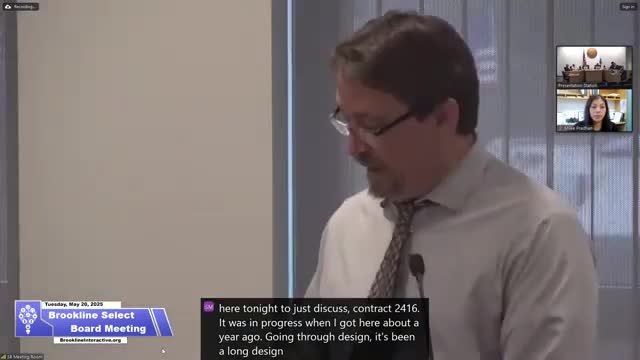
Select Board approves Schick Park, Amery Playground improvements; construction to close parks this summer
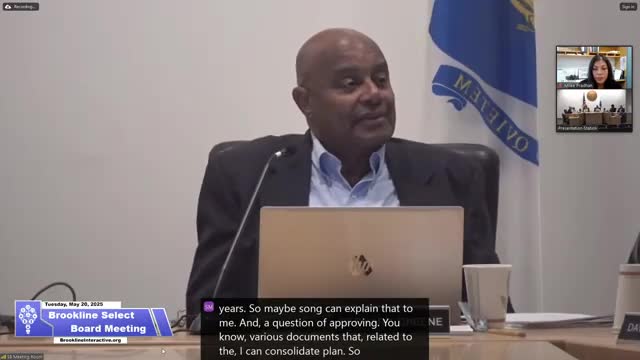
Select Board approves FY2026 CDBG annual action plan; HUD allocation $1,368,250
